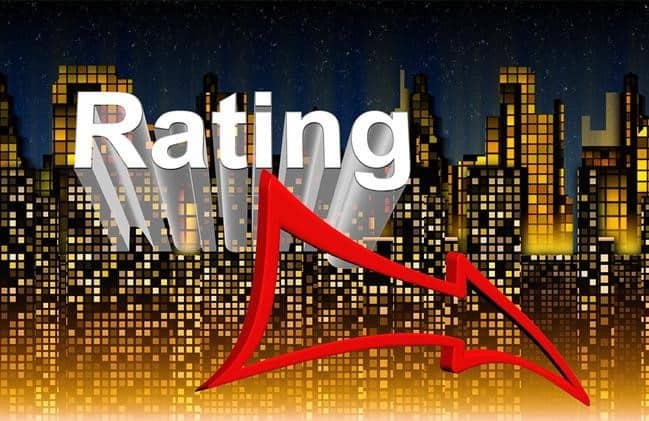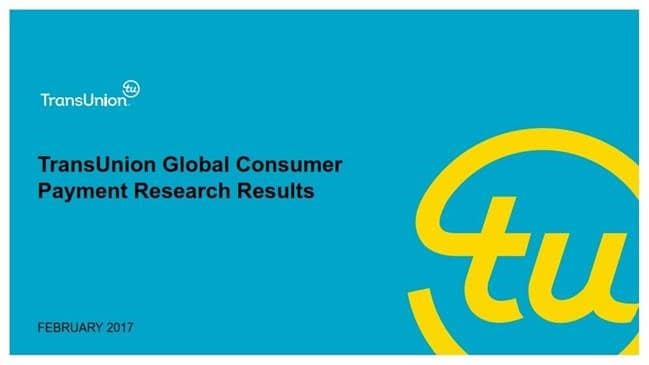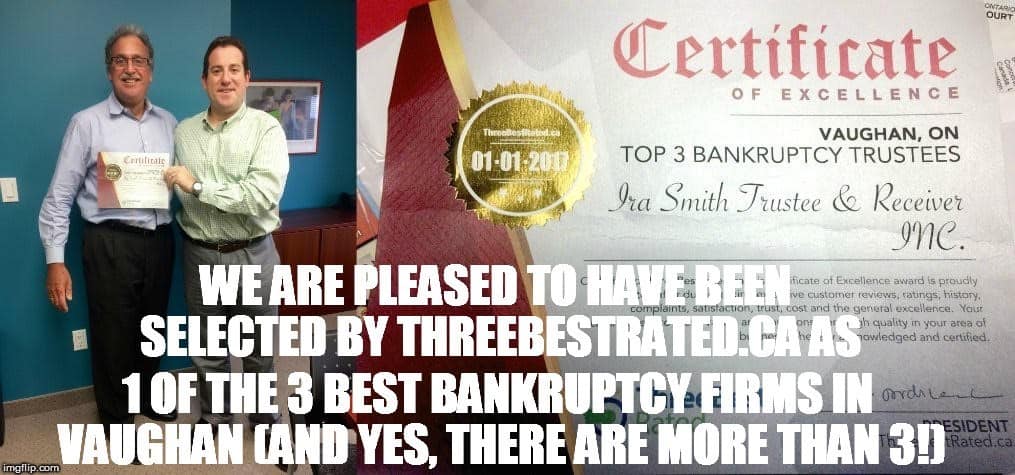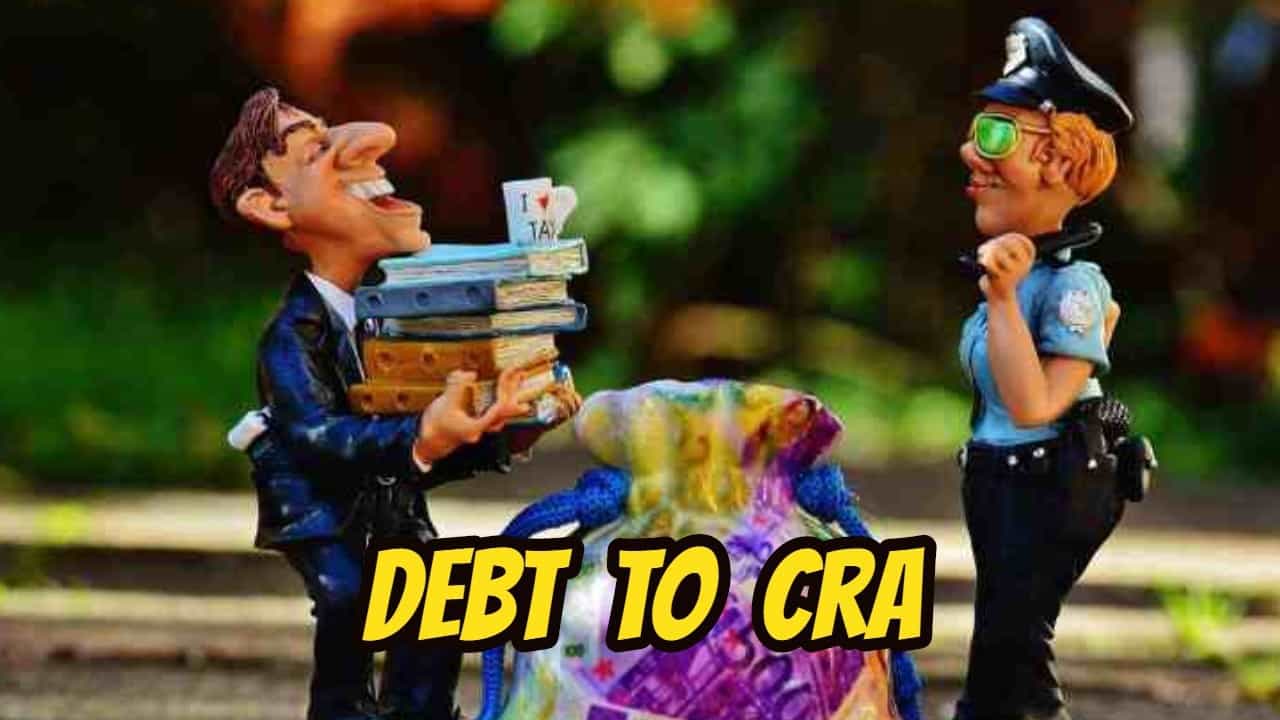 Weekly expenses sheet: Introduction
Weekly expenses sheet: Introduction
I recently read an article in Forbes that really shocked me. The article was about how aware we are about what we spend each week. These expenses could be anything – gas, utilities, groceries, meals out, movies, junk food… They asked three people to estimate how much their weekly expenses were and much to my surprise, they all underestimated by 30% – 40%. The results of this article are a neon billboard for the necessity and importance of a budget starting with a weekly expenses sheet, and a wakeup call to everyone still spending money without a budget and a plan.
Weekly expenses sheet: How many Canadians use a budget?
Only 40% of Canadians use a budget; however 90% of Canadians say that they have more debt today than they did five years ago (Practical Money Skills).
Weekly expenses sheet: Why are so many people reluctant to use a budget?
People think that using a budget will force them to cut out many of the things that they love to spend money on. And they work on the belief that better times are ahead – they’ll be making more money and some even believe that they are destined for a lottery win. Ignoring the realities of accumulating debt can spell financial disaster. People don’t want to face the harsh reality that they are spending more than they earn. A proper budget, which includes a weekly expenses sheet, would force those who overspend to deal with their debt reality.
Weekly expenses sheet: What can a budget do for you?
Budgeting can greatly improve your life and help you take control of your financial future. It will:
- Calculate your monthly expenses – once you know what your monthly expenses are you can allocate money for those expenses
- Prepare for the unexpected – budget for unforeseen expenses like an unexpected car repair bill or dental bill
- Improve your credit score – sticking to your budget means that your bills will be paid on time, which means that your credit score will improve
- Get out of debt/Stay out of debt – a budget will align your income with your expenses. Sticking to your budget will allow you to pay down your debts and/or stay out of debt

Weekly expenses sheet: What to do if you have too much debt?
Are you still not using a budget and struggling with debt? For solid financial advice on what your options are for dealing with debt contact Ira Smith Trustee & Receiver Inc. Make an appointment for a free, no obligation consultation and Starting Over, Starting Now you can be on your way to a debt free life.



 Bundled subprime loans: Introduction
Bundled subprime loans: Introduction







